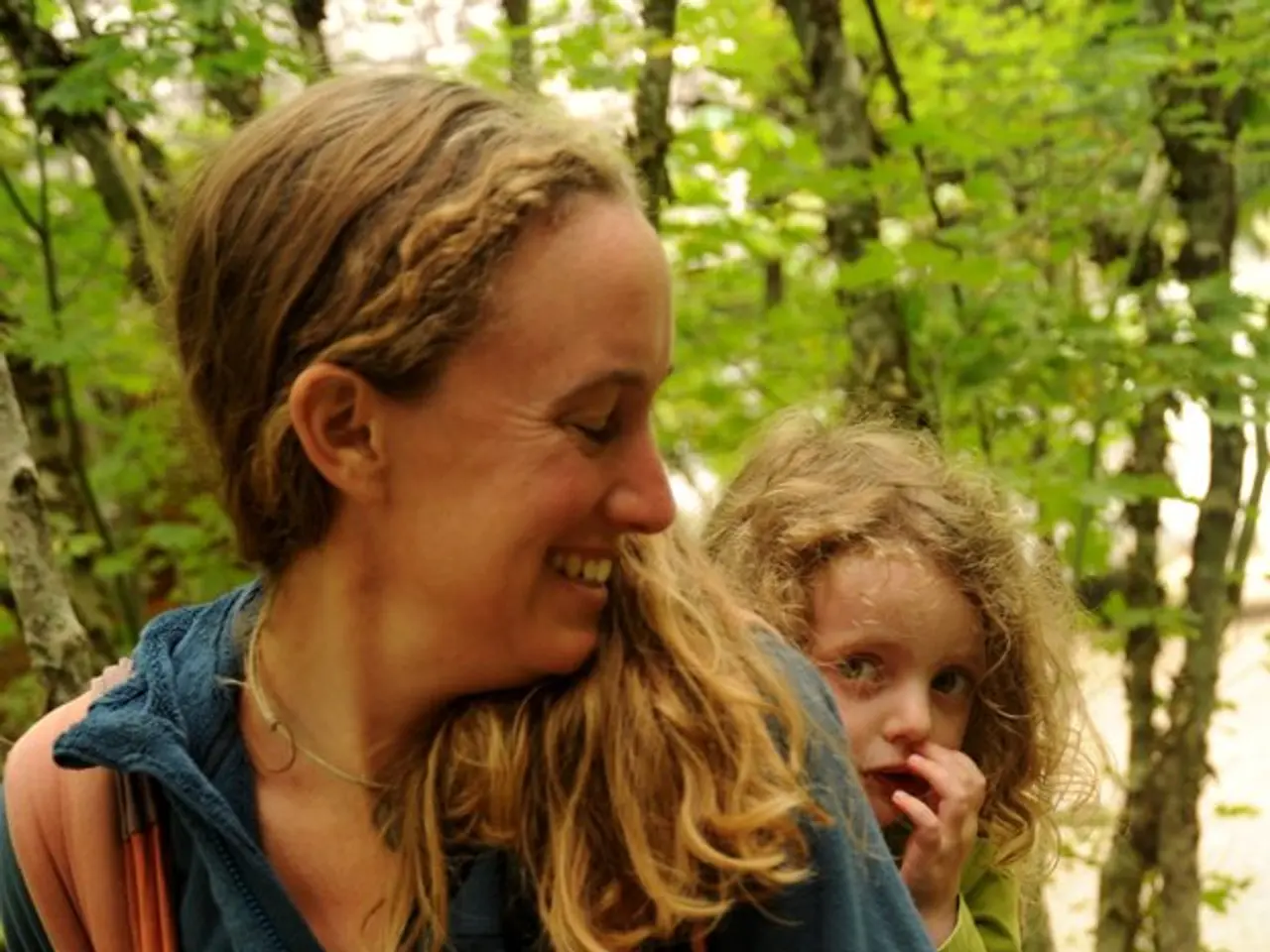Investigating Self-Examination: The Potency of Personal Study
=====================================================================
In many Indian communities, the practice of Svadhyaya is a beloved tradition passed down through generations. This ancient yogic practice, which translates to the study of the self, offers a unique path towards self-discovery and personal growth.
At its core, Svadhyaya is not just about reading or learning in an academic sense, but a deep engagement with knowledge that changes you rather than just filling you. It encourages us to delve into the raw, uneasy spaces within ourselves, where cracks begin to show and we start choosing differently.
One might wonder, how does one practice Svadhyaya? The methods are diverse and unconventional, integrating embodied, contemplative, and mindful practices that support a holistic, lived self-study aligned with yogic philosophy.
For instance, observing and reflecting on your breath, bodily resistance, patterns, and moments of silence can deepen insight into habitual mental and emotional responses. Using journaling to explore recurring thoughts, emotions, behavioral patterns, and underlying beliefs fosters introspection beyond surface-level self-knowledge.
Practicing mindful observation or “being the witness” attentively notices your reactions in daily situations and asks what lessons they hold, cultivating continuous self-inquiry. Engaging in internal dialogue and self-inquiry, such as questioning your motives, fears, and desires in the present moment, deepens self-awareness and fosters personal growth.
Incorporating yogic practices like mantra chanting, pranayama (breathwork), and pratyahara (sense withdrawal) can calm mental fluctuations, making it easier to access deeper layers of self-awareness. Studying and internalizing wisdom literature or spiritual texts not as an intellectual exercise alone but as prompts for personal insight and transformation blends study with lived experience.
These methods go beyond traditional book study, offering a more holistic approach to self-study that resonates with yogic philosophy. Over time, self-study leads to a softening and centering, where we become more at ease and in tune with our inner selves.
Discomfort during self-study is a sign of growth, not failure. It's the beginning of a journey towards self-awareness. Self-study helps us dissolve false beliefs and behaviors, allowing our true selves to shine through. Through self-study, we connect with our inner divine, finding peace and stillness within ourselves, rather than seeking it in external sources.
If you're ready to embark on this transformative journey, you can start by sitting with yourself, letting the noise settle, and watching thoughts. Or, you can write down the messy, awkward stuff, such as confusion, joy, jealousy, and dreams that haven't been admitted even to yourself.
For those seeking a more structured approach, there is a free e-book available that offers four ancient yoga philosophy practices for a more centered, peaceful life. Remember, the true power of self-study is found in the uncomfortable moments we usually avoid, where cracks begin to show and we start choosing differently. So, embrace the discomfort and let the journey of self-discovery begin.
Engaging in the practices of Svadhyaya aligns with yoga philosophy, promoting education-and-self-development and personal-growth. Delving into methods such as mindfulness, journaling, mantra chanting, and pranayama can cultivate a deeper understanding of oneself, fostering introspection and revealing habitual mental and emotional responses.




